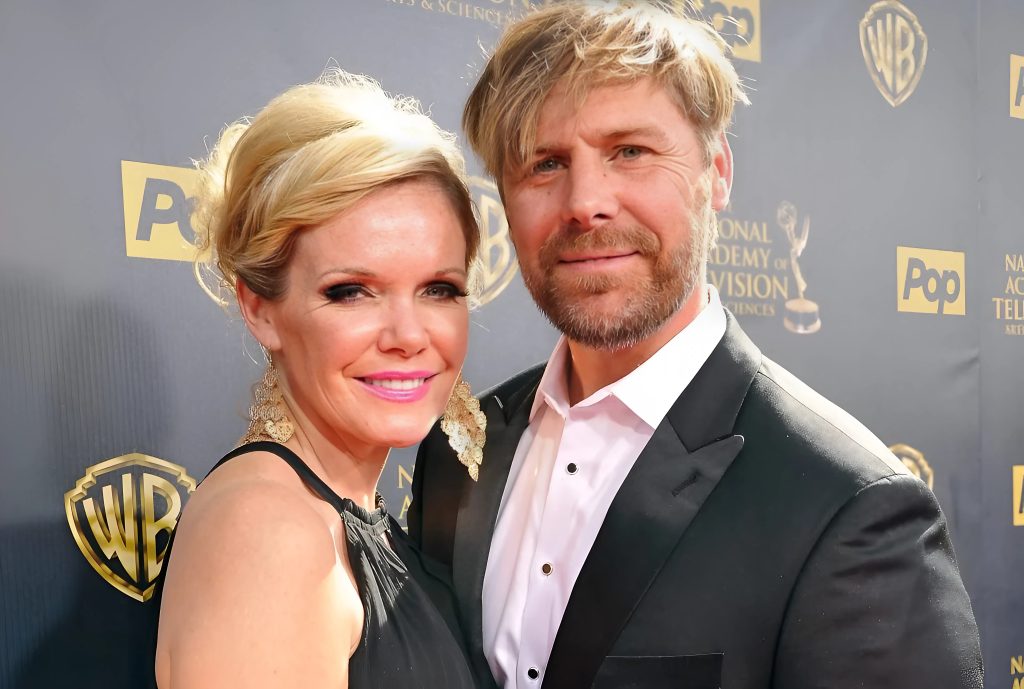
Richard Schiff, best known to television audiences as the steady, sharp-witted Toby Ziegler on The West Wing, has delivered a performance Off-Broadway that is nothing short of revelatory. In Becoming Eve, Schiff steps into new artistic territory, embodying a role that is both deeply personal and universally resonant. The result is a production that not only captivates but also challenges, one that earns its standing ovation the moment the curtain falls.
The play, written by and based on the life of Abby Chava Stein, chronicles the extraordinary journey of a transgender woman raised in a Hasidic community who embraces her identity against all odds. Schiff portrays a pivotal figure in her story — a composite character that embodies both the weight of tradition and the slow, painful reckoning that comes with change. In lesser hands, the role could have fallen into stereotype, but Schiff invests it with tenderness, moral conflict, and ultimately a humanity that elevates the narrative.
What makes Schiff’s performance remarkable is his willingness to strip away artifice. Known for his restrained style, here he balances subtlety with raw emotional power, often letting silence and body language communicate as much as dialogue. It is a performance grounded not in theatrics but in truth. The result is a character who feels lived-in, complex, and heartbreakingly real.
Director Leigh Silverman’s staging complements Schiff’s work, weaving intimacy with bursts of theatricality. The production favors minimalism — a spare set, careful lighting, and haunting sound design — which allows the actors to command the stage without distraction. Schiff thrives in this environment, his every gesture magnified, his presence undeniable.
But Becoming Eve is more than a vehicle for one actor’s brilliance. The ensemble cast deserves equal praise, delivering performances that reinforce the play’s themes of identity, family, and faith. Together, they create a tapestry that reflects both the suffocating power of tradition and the liberating promise of self-discovery. Schiff’s character becomes the fulcrum on which the story pivots, embodying the painful tension between love and fear, acceptance and resistance.
Audience reactions have been visceral. Gasps, tears, and extended applause mark each performance, a testament not only to the strength of the script but also to Schiff’s transformative presence. For a veteran actor who has long been respected for his craft, Becoming Eve feels like a career-defining moment — the kind of role that reminds audiences of theater’s power to move, unsettle, and inspire.
The play’s message resonates far beyond the stage. In a time when debates about identity and acceptance dominate public discourse, Becoming Eve offers a deeply human perspective, stripped of politics and grounded in empathy. Schiff’s portrayal makes clear that transformation is not only possible but also profoundly beautiful, even when it comes at a cost.
In the end, Becoming Eve is more than a play — it is a call to witness, to reflect, and to celebrate authenticity. Richard Schiff doesn’t just act in this role; he inhabits it. And in doing so, he delivers a performance that feels worthy of the very applause its title promises.


